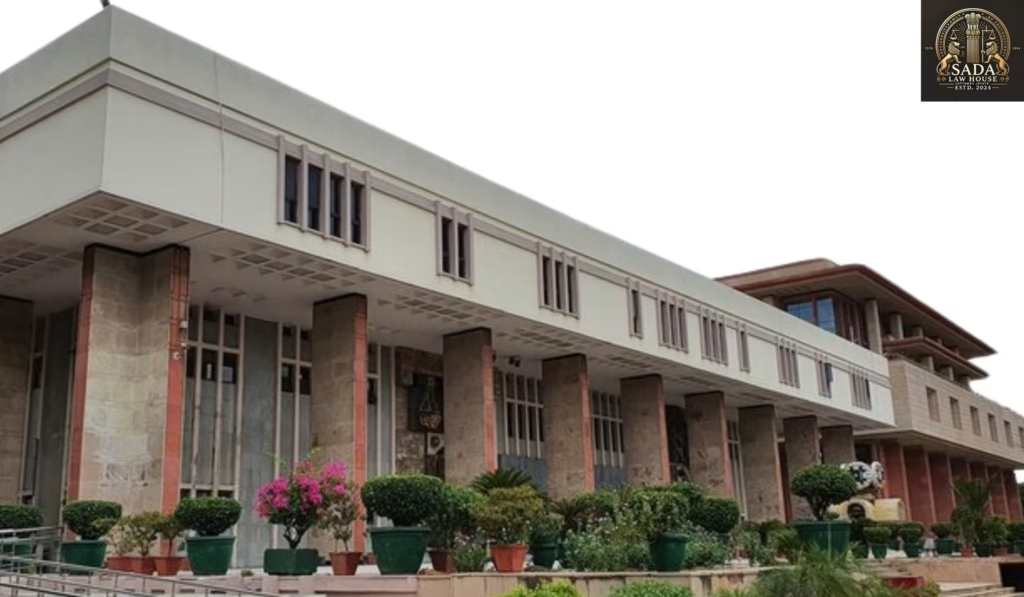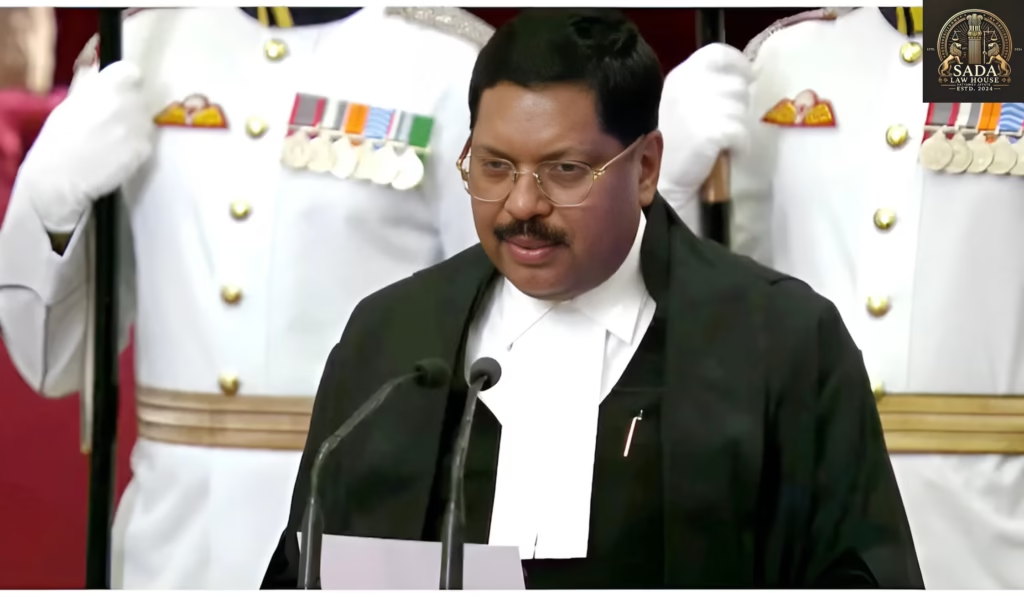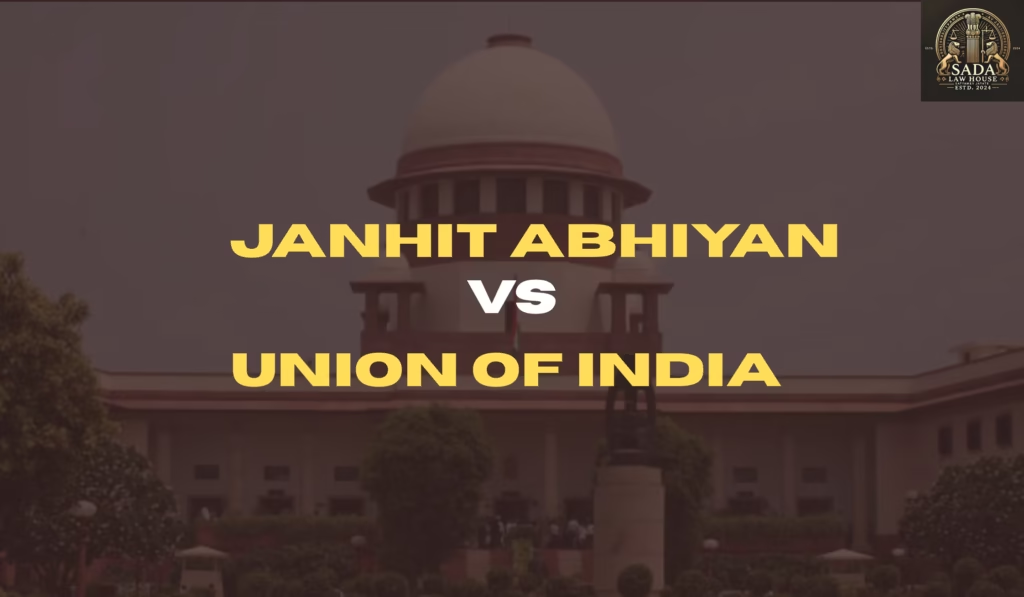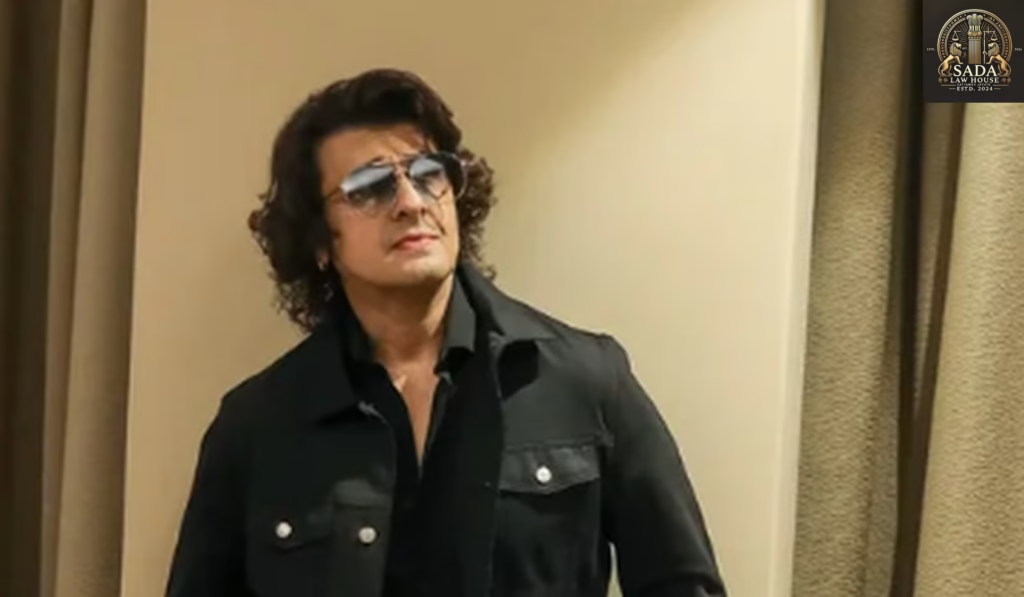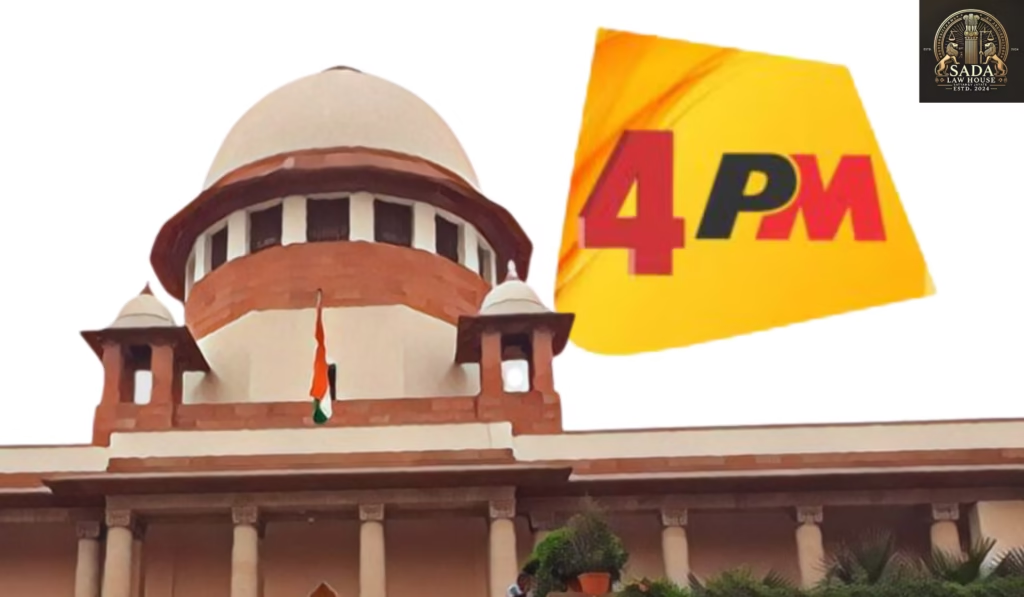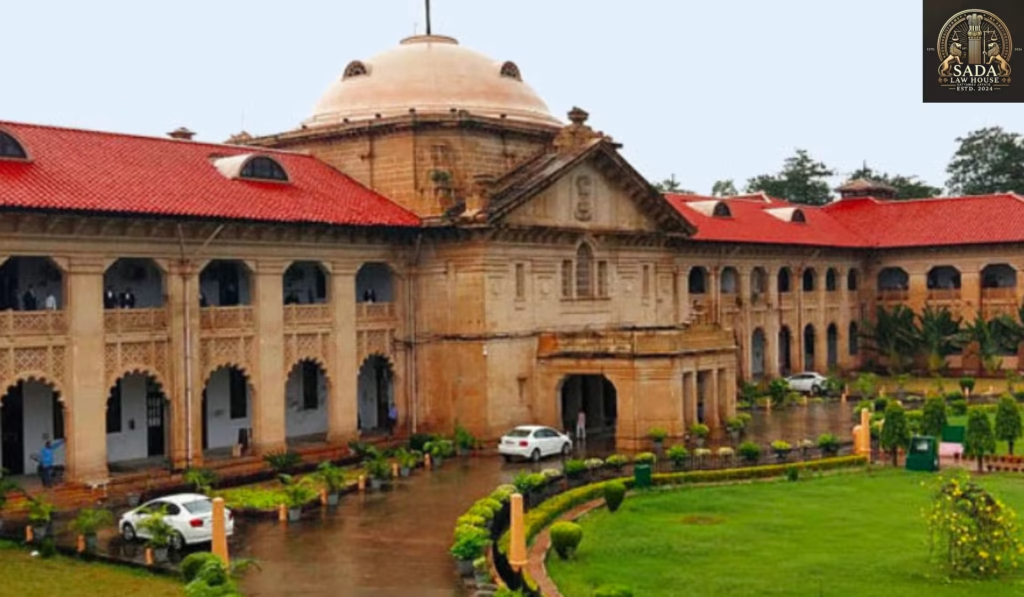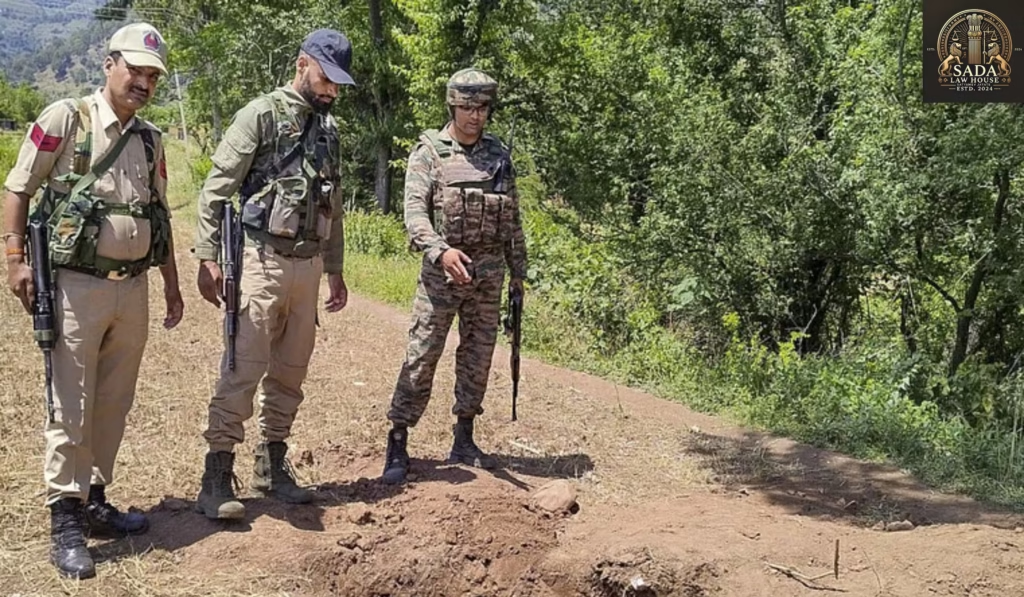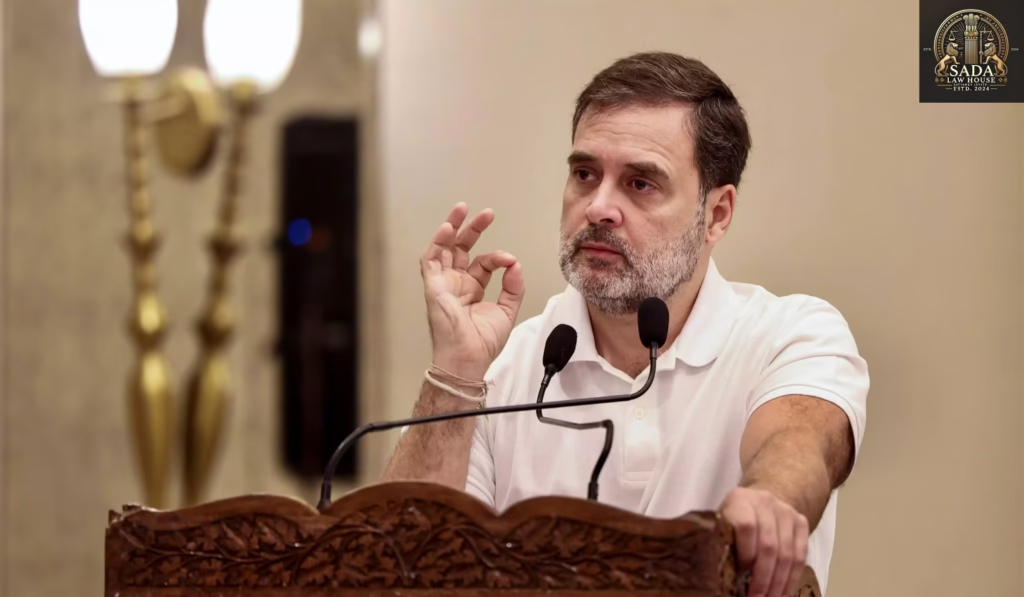Delhi High Court: Wife Who Quit Job to Care for Child Entitled to Maintenance
Trending Today Delhi High Court: Wife Who Quit Job to Care for Child Entitled to Maintenance Justice B.R. Gavai Sworn In as India’s 52nd Chief Justice, First Buddhist CJI in History Supreme Court Verdict on EWS Quota: Janhit Abhiyan vs Union of India (2022) – Constitutional Validity of 103rd Amendment Scope of Court’s Power Under Section 319 CrPC to Summon New Accused After Trial: Supreme Court Judgment in Sukhpal Singh Khaira Case Sonu Nigam Seeks Dismissal of FIR Over Alleged Remarks Against Kannadigas at Bengaluru Concert Supreme Court Revokes Ban on ‘4PM News’ YouTube Channel, Questions IT Blocking Rules Allahabad High Court Stays Suspension of UP DSP Accused of Extramarital Affair Three Lashkar Militants Killed in Shopian Encounter Amid Rising India-Pakistan Tensions Pakistan Admits Aircraft Damage After Precision Indian Strikes in Operation Sindoor Rahul Gandhi Faces Court Complaint Over “Mythological” Remark About Lord Rama in US Delhi High Court: Wife Who Quit Job to Care for Child Entitled to Maintenance MAHI SINHA 14 May 2025 The Delhi High Court rules that a wife who quits her job to care for her child is entitled to maintenance. Learn how this judgment upholds caregiver rights in Indian family law. Delhi High Court Upholds Maintenance for Wife Who Quit Job to Care for Child In a significant family law ruling, the Delhi High Court has declared that a wife who resigns from her job to take care of her minor child is entitled to receive maintenance. This landmark decision emphasizes that such resignation should not be considered a voluntary abandonment of employment. Case Overview: Praveen Kumar v. Pooja Arya In the case of Praveen Kumar v. Pooja Arya, the husband challenged a family court order directing him to pay interim maintenance to his wife. However, the court found that the wife’s decision to leave her job was not by choice but by necessity due to childcare responsibilities. Justice Swarana Kanta Sharma on Caregiving and Employment According to Justice Swarana Kanta Sharma, “…the parent with custody bears a disproportionate amount of the responsibility for caring for a minor child, which frequently restricts their ability to pursue full-time employment, particularly in situations where there is no family support to care for the child while the mother is at work.” The court concluded that such a circumstance necessitates financial support, not penalization. Arguments from Both Parties The petitioner argued that the respondent-wife is well-educated and was earning ₹40,000–₹45,000 per month as a teacher, including income from tuition. However, the wife countered that she had to quit her job due to the unavailability of nearby employment and her responsibilities as the sole caregiver for their young child. Her counsel further emphasized that the lengthy commute and lack of nearby teaching opportunities made it impossible for her to continue working while raising a child on her own. Supreme Court Precedent: Rajnesh v. Neha (2021) The High Court cited the Supreme Court judgment in Rajnesh v. Neha & Anr. (2021), which held that if a professionally qualified wife gives up her career to fulfill caregiving duties, this must be considered during maintenance evaluations. This precedent played a key role in the court’s rationale. Employment History and Financial Evaluation The respondent had worked as a guest teacher but left her job due to the significant challenges of parenting alone and the long commute. The High Court acknowledged her explanation and agreed with the family court’s finding that she was not entitled to maintenance while employed but was eligible for support afterward. Court’s Directive on Interim Maintenance The High Court instructed the family court to reexamine the application for interim maintenance, noting that the petitioner-husband’s bank statements and income affidavit were overlooked. As a practicing lawyer, the husband’s notional income was also factored into the decision. Meanwhile, the petitioner must continue making interim maintenance payments. Conclusion: A Step Forward for Caregiver Rights in Indian Family Law The Delhi High Court’s decision in Praveen Kumar v. Pooja Arya reinforces the legal recognition of the challenges faced by custodial parents—especially mothers—who sacrifice professional opportunities to care for their children. By aligning with the precedent set in Rajnesh v. Neha, the court affirms that maintenance rights must consider the social and practical realities of caregiving. This judgment sets a strong precedent in favor of equitable treatment and financial protection for dependent spouses in family law cases across India. Leave a Reply Cancel Reply Logged in as Sada Law. Edit your profile. Log out? Required fields are marked * Message* Live Cases Delhi High Court: Wife Who Quit Job to Care for Child Entitled to Maintenance Delhi High Court: Wife Who Quit Job to Care for Child Entitled to Maintenance Sada Law • May 14, 2025 • Live cases • No Comments Justice B.R. Gavai Sworn In as India’s 52nd Chief Justice, First Buddhist CJI in History Justice B.R. Gavai Sworn In as India’s 52nd Chief Justice, First Buddhist CJI in History Sada Law • May 14, 2025 • Live cases • No Comments Sonu Nigam Seeks Dismissal of FIR Over Alleged Remarks Against Kannadigas at Bengaluru Concert Sonu Nigam Seeks Dismissal of FIR Over Alleged Remarks Against Kannadigas at Bengaluru Concert Sada Law • May 14, 2025 • Live cases • No Comments 1 2 3 … 5 Next »
Delhi High Court: Wife Who Quit Job to Care for Child Entitled to Maintenance Read More »

